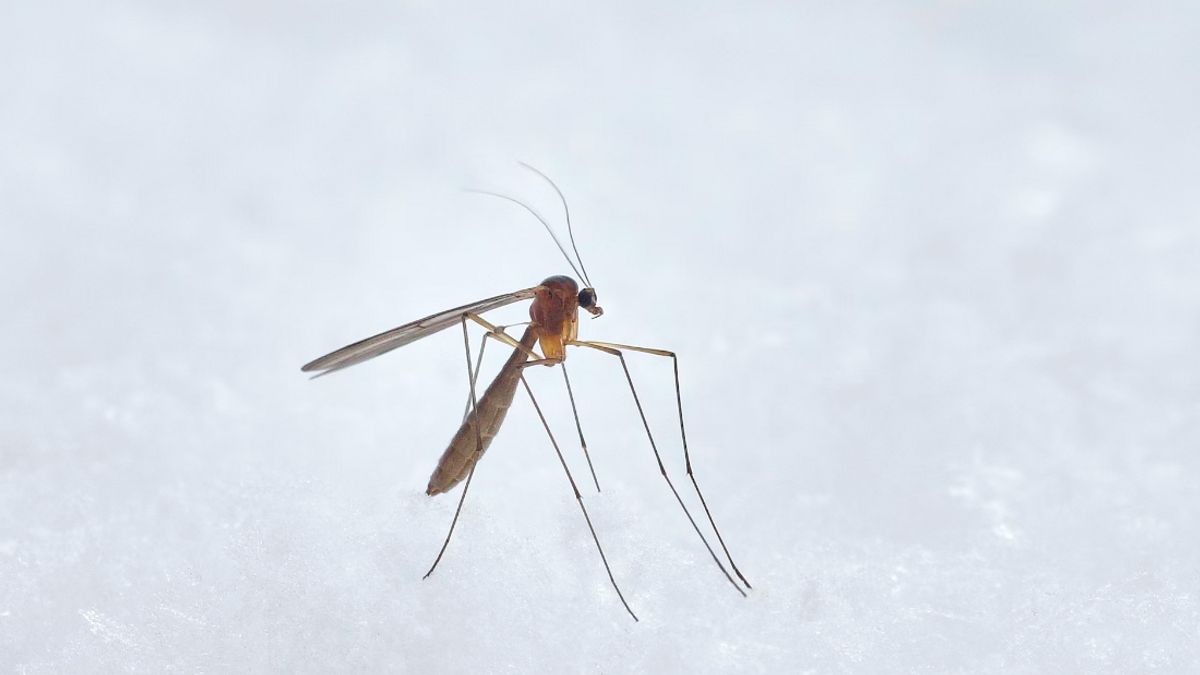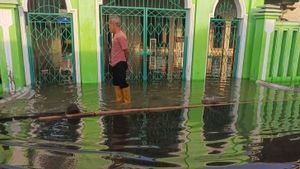JAKARTA - Technical Staff for Health Transformation Communication, Ministry of Health (Kemenkes) RA Adaninggar Primadia Nariswari emphasized that Wolbachia bacteria in the Aedes aegypti mosquito cannot live in the human body.
"Not at all (dangerous), yes, because bacteria in the Aedes aegypti mosquito can only live in insects," he said, quoted by ANTARA, Monday, November 20.
Dr Ningz, as he is familiarly called, explained that Wolbachia bacteria have a much larger size than the trunk (probosis) in mosquitoes used to suck human blood, thus preventing the movement of Wolbachia bacteria into the human body.
"Even if there are a few that enter the human body, these bacteria cannot live in the human body because they cannot live in mammalian cells," he added.
Research, said Dr. Ningz, also proved that no residents were detected as having Wolbachia antibodies in a place where mosquitoes with Wolbachia were tested.
"This means that this bacteria does not enter the human body and does not cause a reaction in it," he said.
In line with this, researcher from Gadjah Mada University (UGM) Professor Adi Utarini said Wolbachia bacteria can only live in insect body cells, so there is no risk of triggering new diseases that can threaten human health.
"Wolbachia is a bacteria that can only live in the body of insects, including mosquitoes and cannot survive outside the insect's body cells," said Adi Utarini, Sunday (19/11).
This is known based on the results of his research with a team from the Faculty of Medicine, Public Health, and Nursing UGM and the World Mosquito Program (WMP) since 2011 to prove the effectiveness of Wolbachia bacteria in reducing dengue cases in Indonesia.
The Ministry of Health is implementing Wolbachia's technological innovation to reduce the spread of Dengue Hemorrhagic Fever (DHF) in Indonesia. Wolbachia technology used is implemented with the'replacement' method, where male mosquitoes and Wolbachia female mosquitoes are released into natural populations.
The goal is for female mosquitoes to mate with local mosquitoes and produce mosquito cubs containing Wolbachia. "In the end, almost all mosquitoes in the natural population will have Wolbachia," he said.
The English, Chinese, Japanese, Arabic, and French versions are automatically generated by the AI. So there may still be inaccuracies in translating, please always see Indonesian as our main language. (system supported by DigitalSiber.id)













